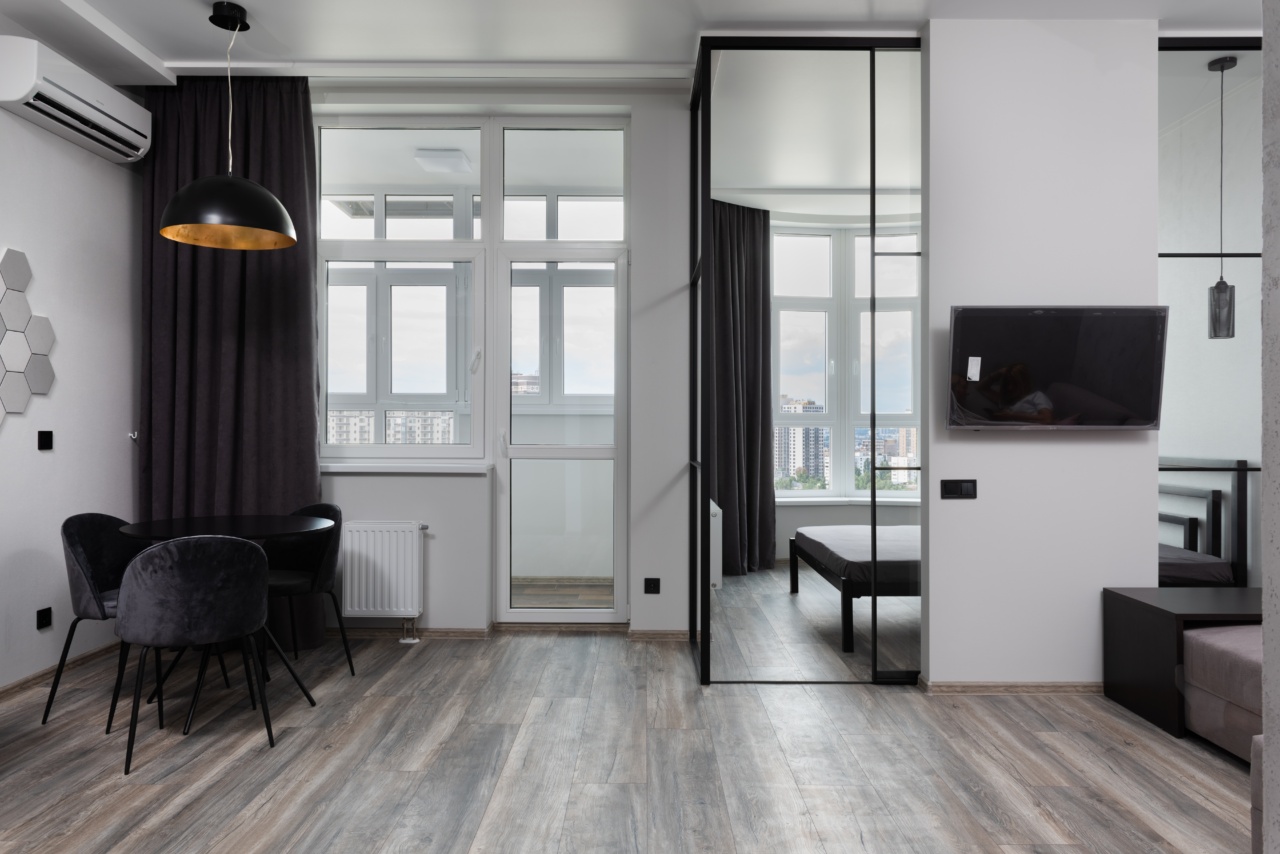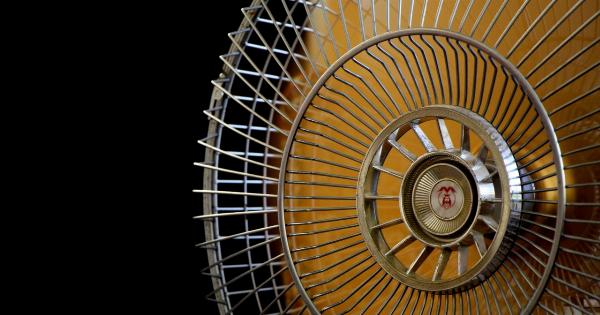Most people know the benefits of using air conditioning. It helps keep us cool and comfortable, especially during hot summer months. However, there are hidden dangers to using air conditioning that people are not aware of.
These dangers can have serious consequences to our health and the environment. In this article, we will explore the dangers of using air conditioning and how we can minimize their negative impacts.
Dehydration and Dry Skin
One of the first dangers associated with air conditioning is dehydration. Air conditioners remove the humidity from the air, which can cause dehydration. This can result in dry skin, dry mouth, and even headaches.
Additionally, if you already have dry skin or skin conditions, such as eczema, air conditioning can worsen your condition.
Respiratory Problems
Air conditioning can exacerbate respiratory problems, such as asthma and allergies. Air conditioners can circulate allergens like pollen and dust through the air, and they can also breed mold and mildew if not maintained and cleaned regularly.
Breathing in these allergens and pollutants can cause respiratory discomfort, breathing problems, and even lung infections.
Sick Building Syndrome
Sick Building Syndrome refers to a range of symptoms that people experience while in a specific building, such as an office, that disappears when they leave the building. Symptoms can include headaches, fatigue, dizziness, and respiratory problems.
The cause of Sick Building Syndrome is not entirely known but is often linked to poor indoor air quality. Air conditioning can play a significant role in causing Sick Building Syndrome, particularly if it is not maintained and cleaned regularly.
Global Warming
Air conditioning is also a contributor to global warming. Air conditioning units require a lot of energy to operate, and this energy is often generated from fossil fuels.
The burning of these fossil fuels releases greenhouse gases into the atmosphere, contributing to climate change. Additionally, air conditioning units often contain refrigerants that, when released into the atmosphere, contribute to the depletion of the ozone layer.
Eye Problems
Spending prolonged periods in air conditioning can cause dryness and irritation of the eyes. It can cause the tears to evaporate more quickly than normal, leading to a condition called dry eye syndrome.
Air conditioning can also be a cause of conjunctivitis, the inflammation of the eye’s outer membrane.
Increased Energy Bills
Air conditioning can have a significant impact on your energy bills. These units require a lot of energy to operate, which can lead to a significant increase in your monthly energy bills.
This can put a strain on your household budget, particularly during summer months when air conditioning usage is at its highest.
Noise Pollution
Air conditioning units can be a source of noise pollution. If you live in an urban area, you may be exposed to high levels of noise pollution, which can negatively impact your health.
Noise pollution has been linked to sleep disturbance, high blood pressure, and stress. Additionally, air conditioning units that are not installed properly or are not maintained may produce high levels of noise.
Heat Island Effect
The heat island effect occurs when urban areas are significantly warmer than surrounding rural areas. This effect is caused by a combination of factors, including the use of air conditioning.
Air conditioning units discharge excess heat into the atmosphere, contributing to the heat island effect.
Strategies for Reducing the Negative Impacts of Air Conditioning
While there are hidden dangers to using air conditioning, there are steps that you can take to minimize its negative impacts.






















